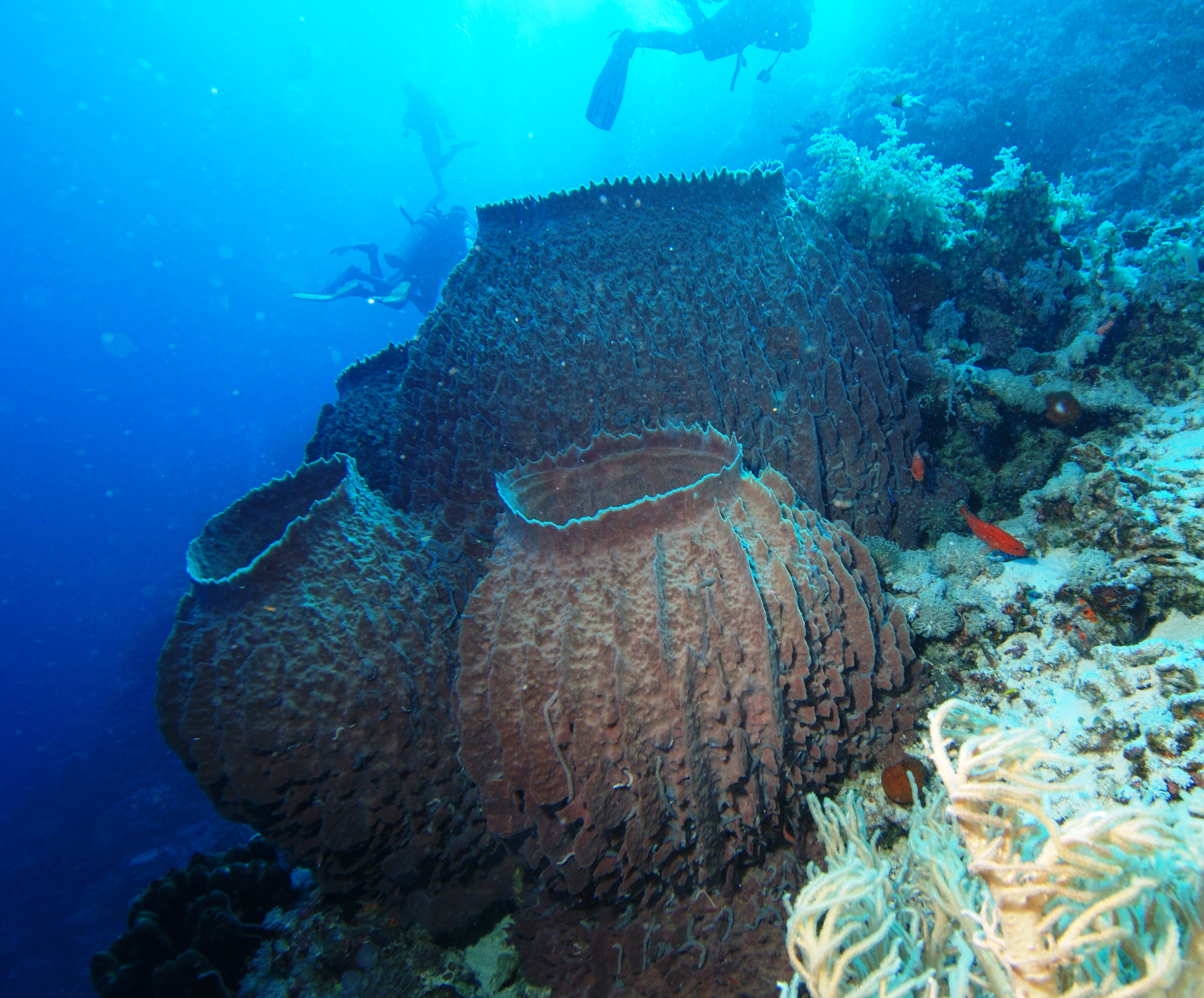'Strange marine microbe may shed light on origin of complex life'

- Country:
- Japan
Researchers have cultured and characterised an elusive microorganism from deep marine sediments, an advance that may shed light on the origins of complex single-cell life forms on the Earth. According to the study, published in the journal Nature, the microorganism, Prometheoarchaeum syntrophicum -- named after the Greek god Prometheus -- belongs to archaea -- a domain of single-celled organisms lacking a prominent nucleus.
Specifically, the scientists, including those from The Japan Agency for Marine-Earth Science and Technology, or JAMSTEC, said the microbe belongs to a recently discovered group of lineages, known as the Asgard archaea. They said these could be ancestral to the more complex eukaryotic organisms, which possess a well defined nucleus for storing genetic material.
Until now, the researchers said, our understanding of microbes in these lineages has been limited to studies of their genetic material, which suggested they had eukaryote-like genes. In the current study, scientists Hiroyuki Imachi, Masaru Nobu, and colleagues described the isolation and cultivation of an Asgard archaeon microbe following a decade-long effort.
The researchers collected mud from the depths of the Omine Ridge off the coast of Japan, and incubated the samples in a special bioreactor supplied with methane gas. After a time period spanning more than five years, they isolated a diverse mix of microorganisms that they enriched further over several years, yielding a culture of Asgard archaea.
According to the researchers, P. syntrophicum grows extremely slowly, doubling in number around every 14 to 25 days. They also confirmed earlier studies that theorized that this microbe possessed a high proportion of eukaryote-like genes.
However, the researchers said the cells of P. syntrophicum lack intracellular organelle-like structures seen in complex eukaryotes. They also have long, branching protrusions on their outer surface, according to the study.
The scientists speculate that these extensions may have captured passing bacteria and internalized them, which eventually evolved into the cell's powerhouse organelles, mitochondrion. According to the researchers, this may have set the stage for the evolution of eukaryotes.
(This story has not been edited by Devdiscourse staff and is auto-generated from a syndicated feed.)










